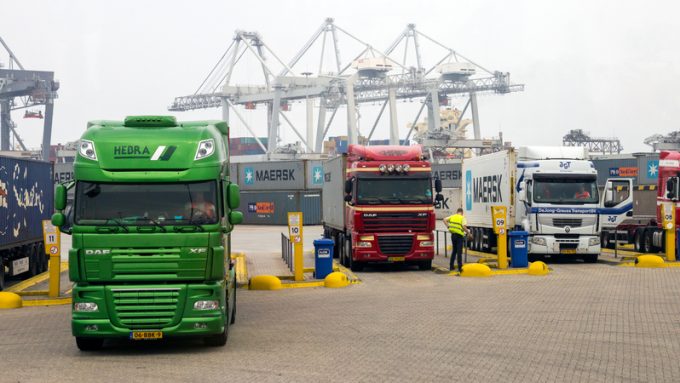Three new services and a transpacific focus for Ocean Alliance in 2025
The Ocean Alliance (OA) has announced its shipping network for 2025, which includes three new ...

Evergreen is leaning into the post-Covid downturn with what appears an aggressive growth strategy – a stark contrast to its domestic compatriots – and acquired a 20% stake in Rotterdam’s Euromax terminal.
Of Taiwan’s three carriers, Wan Hai and Yang Ming have both joined Israel’s Zim in the loss-making club, but, although 95% short of its 2022 results, the country’s largest box operator, Evergreen, has kept itself in the black, reporting net profits of TWD5.1bn ($160m).
One source told The Loadstar: “This ...
Asia-USEC shippers to lose 42% capacity in a surge of blanked sailings
Why ROI is driving a shift to smart reefer containers
USTR fees will lead to 'complete destabilisation' of container shipping alliances
New USTR port fees threaten shipping and global supply chains, says Cosco
Outlook for container shipping 'more uncertain now than at the onset of Covid'
Transpac container service closures mount
DHL Express suspends non-de minimis B2C parcels to US consumers

Comment on this article